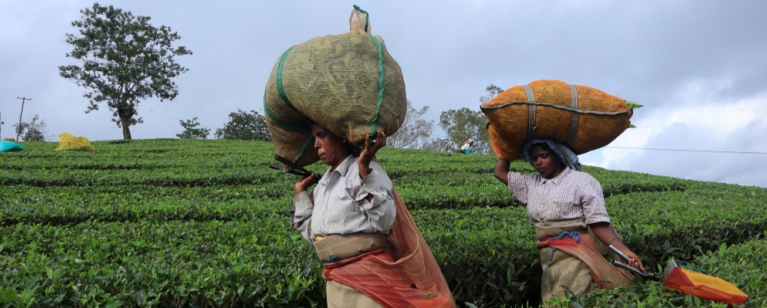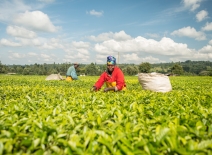
GAIA aims to address GBVH within commercial agriculture supply chains. This initiative seeks to develop principles to help identify and mitigate GBVH risks.
These principles are being developed through meaningful engagement with a broad range of stakeholders from a sample of two supply chains in Kenya (tea and flowers) and South Africa (citrus), including retailers, suppliers, workers, civil society organisations, and thematic experts, to ensure that all perspectives are heard and considered.
Meaningful stakeholder engagement has been central throughout this initiative, and we have used MSE learnings to inform our approach. We adapted the original project plan to enable more proactive engagement with workers; changing from workshops to focus groups on-site and collaborating with unions and NGOs to connect with rights holders, reinforcing existing mechanisms that are represent or are led by workers. We have also developed the project to ensure two-way and continuous dialogue, providing options for multiple rounds of feedback and validation, whilst being mindful of stakeholder fatigue, and engaging with worker representatives where relevant. Given the sensitive nature of the topic, we sought to set a clear scope and purpose for the engagement that was shared with participants and established locally informed safeguarding protocols.
GAIA: Addressing gender-based violence and harassment (GBVH) in agricultural supply chains

